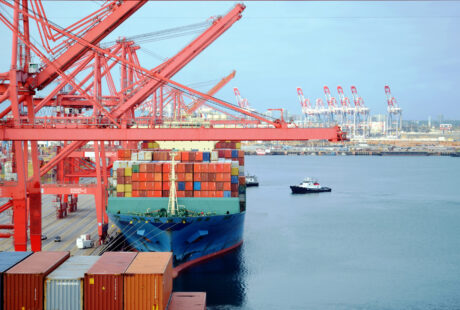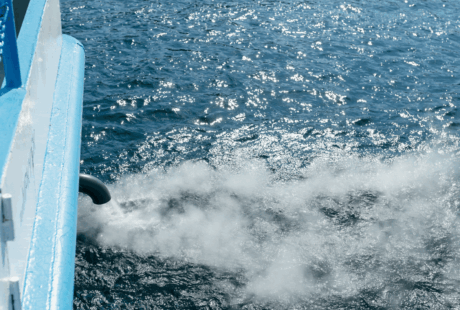While a majority of delegates at this week’s meeting of the International Maritime Organization’s (IMO) Marine Environment Protection Committee spoke in favour of moving the sector closer to the Paris Agreement’s goal of keeping global heating below 1.5°C, they failed to make any progress on the urgent short-term reductions in CO2 and black carbon emissions from global shipping that are needed to keep shipping on a genuinely 1.5 degree pathway and to protect the Arctic.
It’s clear that IMO member states have not paid heed to the stark warnings provided by recent IPCC reports, which should have been enough to provoke countries into dramatically reducing CO2 and black carbon emissions from the global shipping industry this decade. This can still be achieved by committing to raise the carbon intensity indicator requirements to a 7% annual improvement in carbon intensity – to be applied to all ships – and by supporting deep mandatory cuts in black carbon emissions from ships operating in and near the Arctic.
In April, following the release of the Intergovernmental Panel on Climate Change’s (IPCC) Working Group III 6th Assessment Report on Climate Mitigation, UN Secretary-General Antonio Guterres lambasted governments and industry for their climate inaction, while the report criticised the poor climate governance of international shipping, saying that “improvements to national and international governance structures would further enable the decarbonisation of shipping and aviation”.
States are now talking about ending ship climate emissions by 2050, but years of inaction mean that target is no longer good enough. A failure to act earlier means the shipping industry has already burnt a large part of its 1.5°C carbon budget. Talk of enhanced ambition is welcome but having failed to act earlier the shipping industry must now halve its emissions by 2030 and decarbonise entirely by 2040, not 2050, to keep global heating below 1.5°C.
Posted on: 12 June 2022



